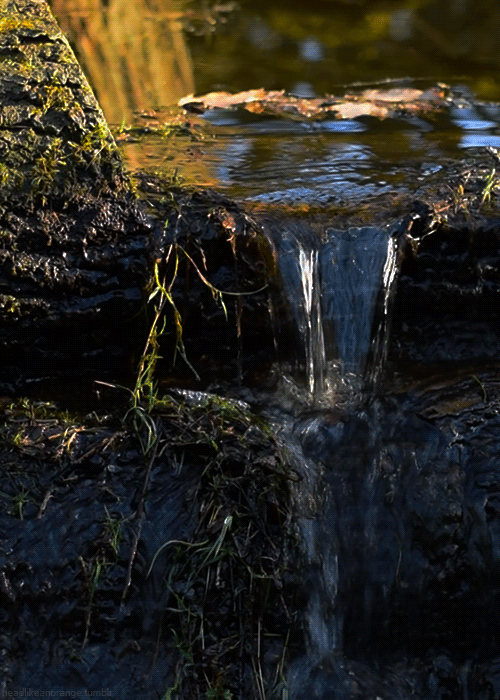“Empty your mind, be formless. Shapeless, like water. If you put water into a cup, it becomes the cup. You put water into a bottle and it becomes the bottle. You put it in a teapot, it becomes the teapot. Now, water can flow or it can crash. Be water, my friend.” ~Bruce Lee
Bruce Lee is well-known for his comment about water, which described the essence of his personal journey toward self-actualization. He was not alone in this realization, however, for in the 2600 year-old classic text, The Tao Te Ching, the qualities of water were elucidated in the poetry of Lao-Tzu.
In Tao Te Ching number eight, water, as it relates to our world, is described as such:
“The supreme goodness is like water.
It benefits all things without contention.
In dwelling, it stays grounded.
In being, it flows to depths.
In expression, it is honest.
In confrontation, it stays gentle.
In governance, it does not control.
In action, it aligns to timing.
It is content with its nature and therefore cannot be faulted.”
~Lao-Tzo, The Tao Te Ching
In a recent TED talk, Raymond Tang talks about the hectic and overwhelming nature of our technologically connected society, and how even in the presence of such chaos, one can find fulfillment by relating to the simple and elemental forces of nature.
He discusses the nature of water, drawing out three useful lessons that have been known to the Chinese for millennia.
The first lesson is about humility, and he notes the lowly, yet supportive nature of water as a life-giving force.
“If we think about water flowing in a river, it is always staying low. It helps all the plants grow and keeps all the animals alive. It doesn’t actually draw any attention to itself, nor does it need any reward or recognition. It is humble. But without water’s humble contribution, life as we know it may not exist.”
Secondly, he draws out the lesson of harmony, and how water always achieves it’s aim effortlessly in spite of any obstacles along its path.
“If we think about water flowing towards a rock, it will just flow around it. It doesn’t get upset, it doesn’t get angry, it doesn’t get agitated. In fact, it doesn’t feel much at all. When faced with an obstacle, somehow water finds a solution, without force, without conflict.”
The third lesson regards openness and our tendency to resist change along the path of life.
“Water is open to change. Depending on the temperature, it can be a liquid, solid or gas. Depending on the medium it’s in, it can be a teapot, a cup or a flower vase. In fact, it’s water’s ability to adapt and change and remain flexible that made it so enduring through the ages, despite all the changes in the environment.”
Relating these three lessons to the modern pursuits of business and education, he explains how the lessons offer us a perspective on life that allows for greater fulfillment in everything we choose to take on.
Watch the inspiring full talk, here:
Read more articles by Dylan Charles.
About the Author
Dylan Charles is the editor of Waking Times and co-host of Redesigning Reality, both dedicated to ideas of personal transformation, societal awakening, and planetary renewal. His personal journey is deeply inspired by shamanic plant medicines and the arts of Kung Fu, Qi Gong and Yoga. After seven years of living in Costa Rica, he now lives in the Blue Ridge Mountains, where he practices Brazilian Jiu Jitsu and enjoys spending time with family. He has written hundreds of articles, reaching and inspiring millions of people around the world.







Recent Comments